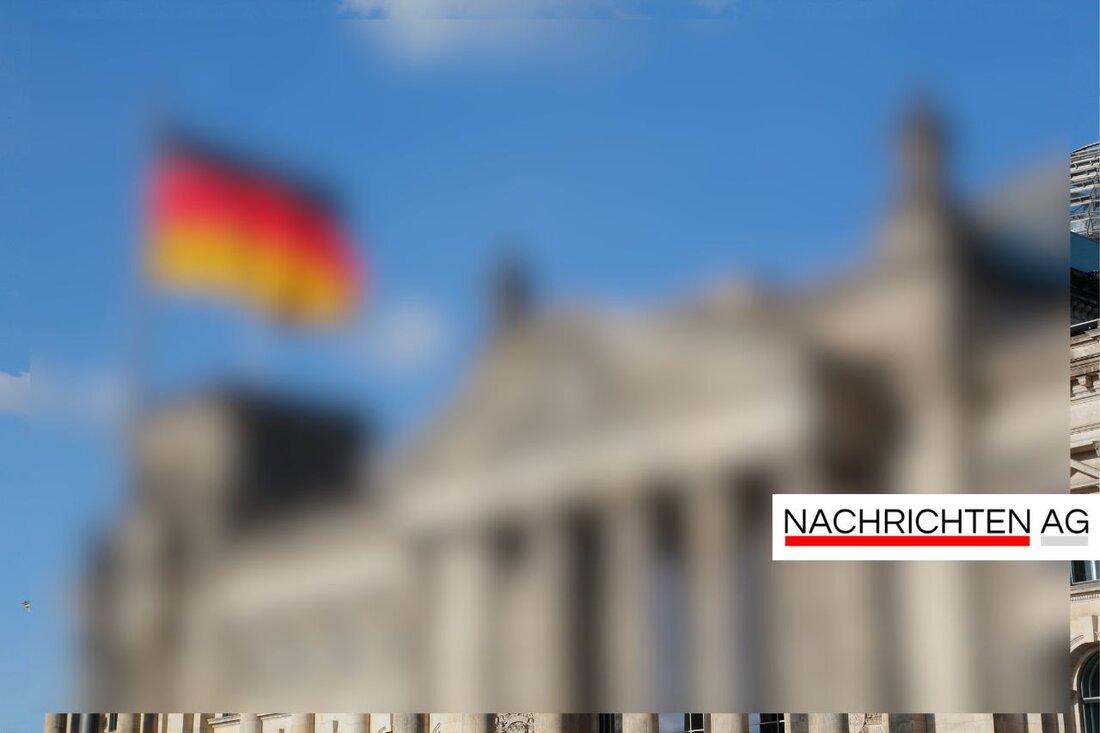Heat wave hits Hamburg: BUND calls for green sponge city implementation!
Heat wave in Hamburg on July 1, 2025: BUND calls for a climate-adapted “sponge city” to combat extreme weather conditions.

Heat wave hits Hamburg: BUND calls for green sponge city implementation!
The heat wave has Hamburg firmly under control and temperatures are rising above 30 degrees. In this sweltering heat, there is a growing call for a climate-adapted “sponge city” to relieve the urban climate. BUND Hamburg is now energetically calling for the implementation of this concept, which envisages less concrete and more nature in the city. Sabine Sommer, chairwoman of BUND Hamburg, warns urgently that the climate crisis can no longer be ignored. She emphasizes that extreme weather conditions such as persistent heat waves and drought events have increased and calls for a rethink in urban planning.
As BUND Hamburg reports show, March 2025 was one of the driest months since 1881, with only a fifth of the normally expected rainfall. In addition, in 2018 and 2019, 89 bodies of water in Hamburg were either completely dry or only had minimal water. These alarming developments show the urgency of adapting urban infrastructure to changing climatic conditions.
Sponge city as a solution
The sponge city concept aims to store rainwater and use it sensibly through natural urban development. In order to get climate change under control, numerous measures are required: more street trees, green roofs and unsealed squares are just a few suggestions. The goal is clear: better green and blue infrastructure to withstand the drastic heat and heavy downpours.
The benefits of trees are undisputed. They reduce the temperature by up to 3 degrees, evaporate up to 400 liters of water every day and contribute to CO₂ storage and oxygen production. The BUND actively supports unsealing and greening projects as part of the “Abplastern” network, and it is time for citizens to also do their part. Everyone can contribute to improving the city climate with small changes such as unsealing driveways or front gardens.
Important projects and potential dangers
The discussion about the sponge city comes at a critical time. Current major projects such as the A26 East or the development in Oberbillwerder and Wilden Wald threaten valuable natural areas. This poses a major risk to the city's already polluted environment. The warnings are clear: does it really have to come to this, or can a rethink save the endangered areas?
The federal government has already dealt with the German Climate Change Adaptation Strategy (DAS) in order to create a political framework for adaptation. This urban water management approach is crucial to driving active change in urban development that meets the demands of climate change. Many cities are already working on green infrastructure, and there are various strategies for adequate stormwater management in urban areas.
In summary, it shows that Hamburg is ready to make changes to meet the challenges of the climate crisis. It is up to the city and its citizens to recognize the potential of the sponge city and implement it sustainably. We can only hope that these ideas are not just on paper, but will soon become reality.
For more information about the sponge city concept and the ongoing initiatives in the city, those interested can read here: BUND Hamburg and Federal Environment Agency.

 Suche
Suche
 Mein Konto
Mein Konto